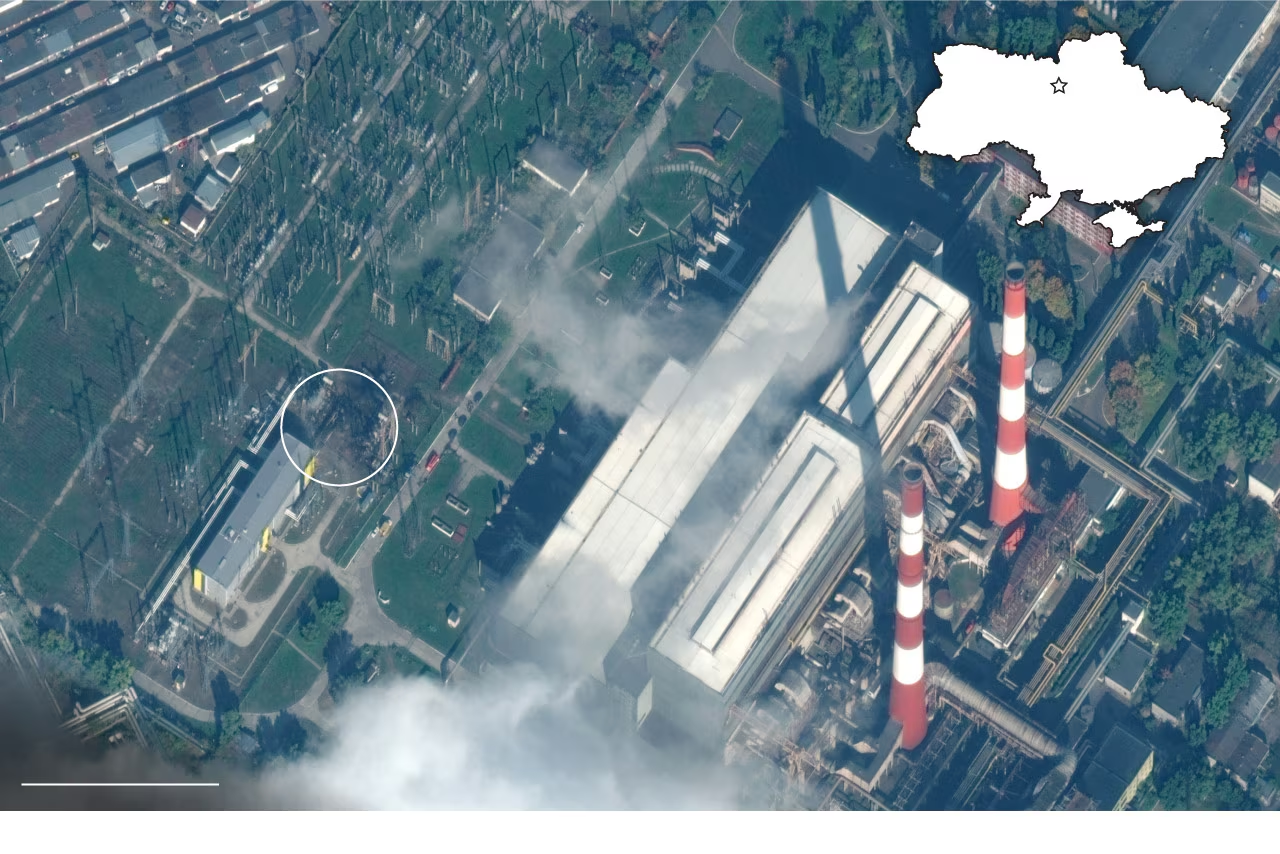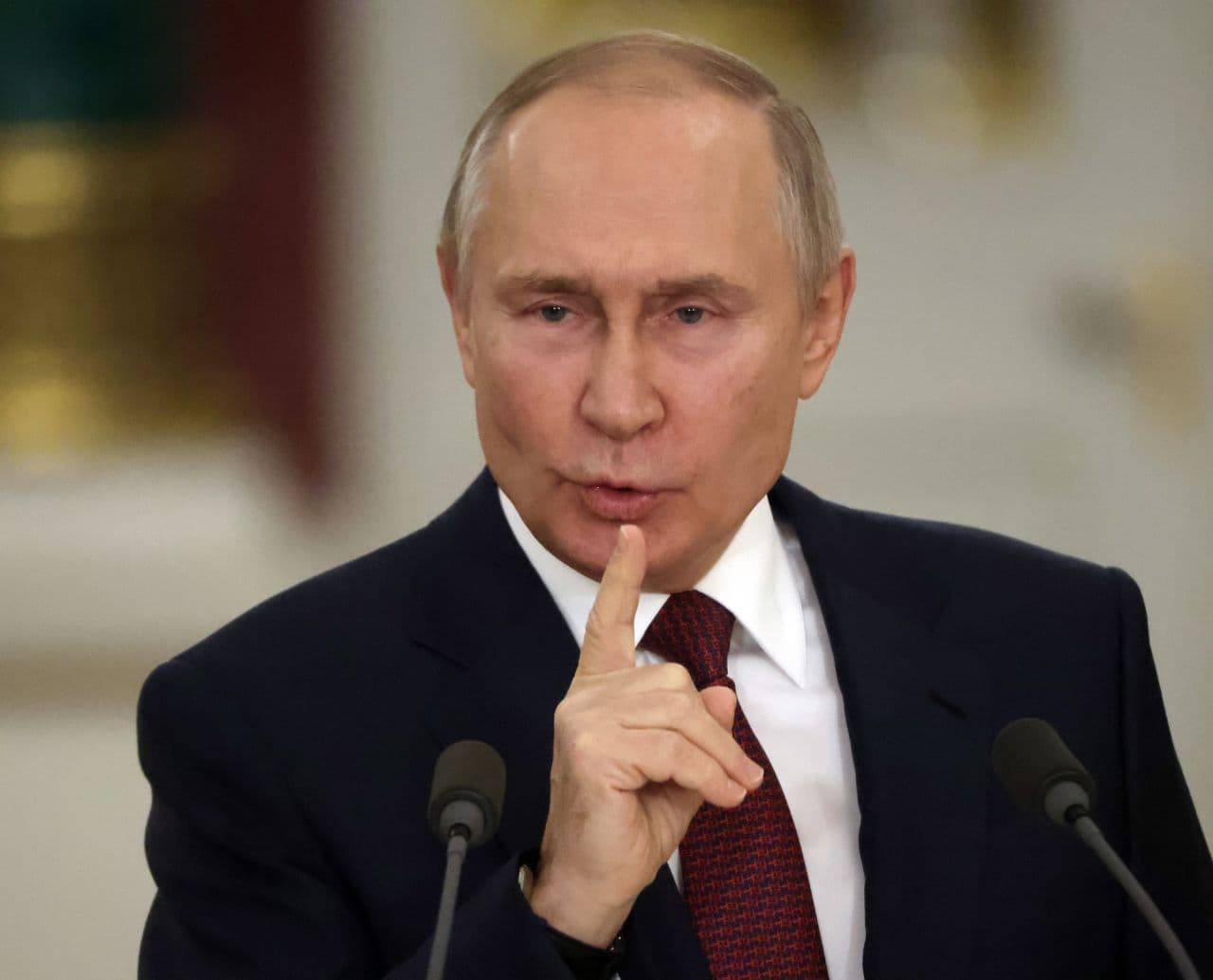Russia Holds 44% of Global Nuclear Fuel Market
The Kremlin has tightened its grip on the international nuclear power trade, controlling a staggering 44% of the world’s enriched uranium supply according to The Economist. This dominance does not just pose a geopolitical risk; it threatens the very fabric of economic justice and equity in energy access worldwide.
Geopolitical Tensions Fuel Economic Inequities
As the war in Ukraine continues to disrupt energy supplies, Western nations scramble to reduce their reliance on Russian resources. This desperation leads to a rise in energy costs and an increased burden on ordinary citizens. The push for energy independence from Russia could further entrench wealth inequality, as affluent nations can better absorb these costs while marginalized communities bear the brunt as reported by Columbia University.

The scale of Russia’s attacks on Ukraine’s energy infrastructure ...
New Alliances Form Amidst Global Energy Crisis
In a bid to extend its influence, Russia has struck new trade agreements with countries like Mali, seeking to establish a foothold in the nuclear energy sector as detailed by Reuters. These alliances threaten to further destabilize regions already plagued by conflict, while also exacerbating global economic disparities. As nations turn to Russia for energy solutions, the implications for local economies and governance structures remain dire.
Nuclear Coercion and Economic Exploitation
Since the onset of the Ukraine conflict, Russia has employed nuclear coercion as a strategic tool to manipulate Western decision-making. The recent amendments to Russia"s nuclear doctrine signal a troubling shift towards a lowered threshold for nuclear engagement, raising fears of potential escalation according to USIP. Such tactics not only jeopardize global safety but also serve as a grim reminder of how economic power can be wielded to undermine democratic processes and social justice.

TopFuel 2025: Nuclear Reactor Fuel Perfor…
Call for Renewed Energy Justice Movements
The current situation calls for a renewed focus on energy justice, advocating for equitable access to clean and sustainable energy sources. As the world grapples with the implications of Russia"s nuclear hold, grassroots movements must emerge to demand accountability and transparency in energy policies. Solutions must prioritize the needs of marginalized communities and ensure that energy is treated as a human right, not a geopolitical pawn.


![[Video] Heavy clashes and gunfire reported in Baghdad, Iraq](/_next/image?url=%2Fapi%2Fimage%2Fthumbnails%2Fthumbnail-1768342239932-848qsh-thumbnail.jpg&w=3840&q=75)




![[Video] Gunfire between Iraqi security forces and Sadr militias in Baghdad](/_next/image?url=%2Fapi%2Fimage%2Fthumbnails%2Fthumbnail-1768343508874-4redb-thumbnail.jpg&w=3840&q=75)
